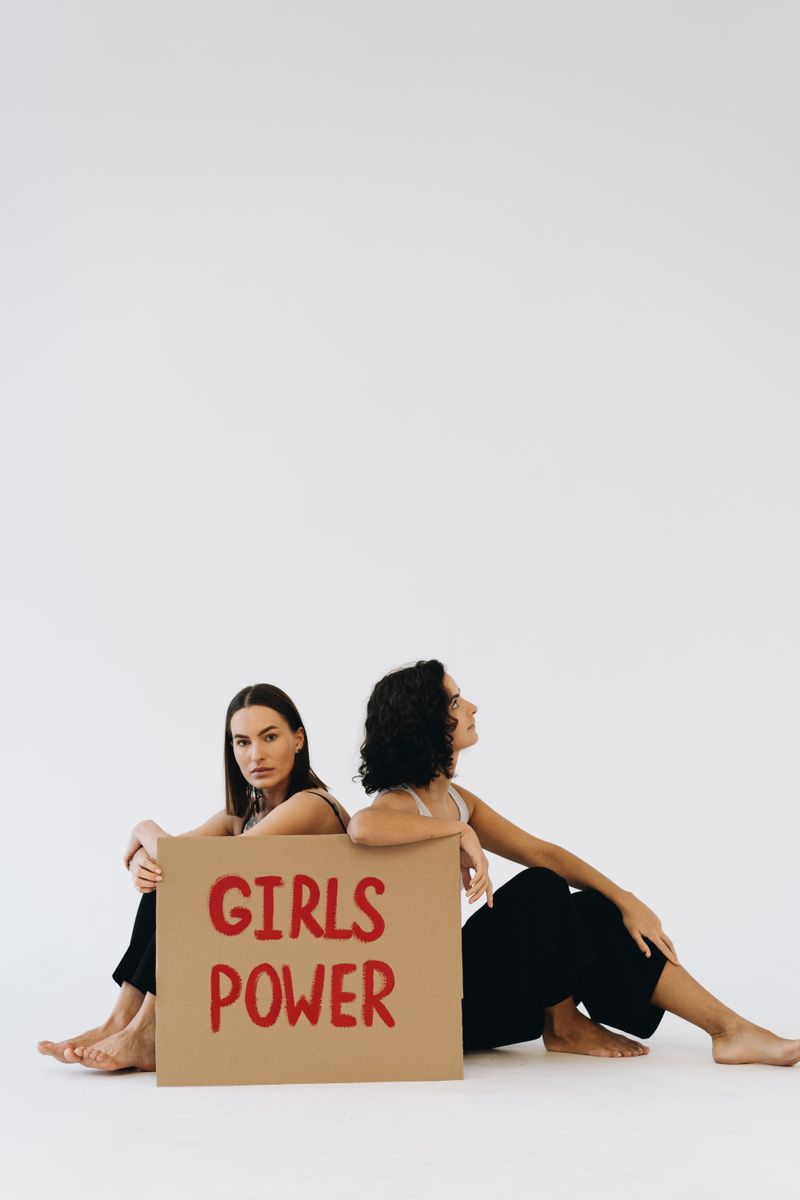Sara Pascoe on her debut novel, debt and fertility: ‘In my thirties, I had to suddenly describe myself as a childless woman’
Sara Pascoe, a well-known stand-up comedian and TV presenter, recently spoke to Jessie Thompson from The Independent about her debut novel, “Weirdo,” her experiences in the comedy industry, and her thoughts on cancel culture. Pascoe reveals that writing a novel allowed her to explore topics that she felt she couldn’t discuss in other mediums.
The Journey to Writing a Novel
Pascoe initially had reservations about writing a novel, unsure if editors would be receptive to her ideas. However, after seeking advice from author Dolly Alderton, she decided to write without worrying about others’ expectations. Her novel, “Weirdo,” is described as funny, sad, and philosophical, and follows the story of Sophie, a woman with a low-paid pub job who encounters an old crush. The novel delves into Sophie’s internal thoughts and the things we often keep hidden.
Pascoe was inspired to write about the thoughts we don’t say out loud, and she wanted to capture the experience of living with limited financial resources. Drawing from her own experiences of financial hardship in her twenties, including declaring bankruptcy, Pascoe wanted to portray the reality of living with constant financial stress. She highlights that many novels and TV shows don’t accurately depict poverty, and she wanted to show that a significant portion of the population lives in these conditions.
The Comedy Industry and Predators
Discussing the comedy industry, Pascoe acknowledges that while it can be welcoming and anti-elitist, it also has its issues. She and fellow comedian Katherine Ryan have hinted at the existence of a predator within the industry, though they have not publicly named this person nor have they stated that they were victims themselves. Pascoe mentions that attempts to establish a union to address these issues have been hindered by libel laws and the need for clear proof. The fear of not being believed, facing backlash, or jeopardizing one’s career makes it difficult for victims to come forward.
Pascoe emphasizes the importance of believing victims and providing better support to those who have experienced abuse in the industry. She encourages a more empathetic and understanding approach to comedy, where jokes that target marginalized groups are no longer seen as humorous. Pascoe believes that the emergence of cancel culture, despite its negative connotations, has been beneficial in holding people accountable for their actions.
Fertility and Parenthood
As a comedian who has openly discussed her experiences with in vitro fertilization (IVF), Pascoe acknowledges the difficulties of discussing sensitive topics in her routines. She is careful not to alienate audience members who may be dealing with issues related to fertility. Pascoe reflects on her twenties, when she felt defensive about not having children, but now accepts that she had to suddenly define herself as a childless woman in her thirties.
Pascoe also comments on cancel culture, stating that it is often more satire than reality since those who are supposedly “cancelled” tend to remain successful. She believes it is crucial to question whether comedy is punching up or down and if it contributes to a better world. While she appreciates the current climate of heightened awareness and sensitivity, she does not think it has made audiences afraid to laugh.
Editorial and Advice
Pascoe’s interview provides valuable insights into the comedy industry, cancel culture, and the complexities of discussing sensitive topics in comedy. Her experiences echo the broader discussions around accountability and inclusivity in entertainment. It is important to create an environment where victims feel safe to come forward and seek support. Comedy should be a platform for fostering empathy and understanding, rather than perpetuating harm or stereotypes.
Regarding cancel culture, Pascoe highlights the importance of holding individuals accountable for their actions while also considering the power dynamics and consequences of public shaming. It is crucial to strike a balance between criticism and education, as well as allowing space for growth and change.
As for discussing sensitive topics like fertility and parenthood, comedians should be mindful of their audience’s experiences and avoid alienating or dismissing their struggles. Humor can still be found in these topics while maintaining empathy and respect.
In conclusion, Pascoe’s perspectives shed light on the need for greater support and understanding within the comedy industry. By embracing empathy, accountability, and responsible humor, we can create an environment that is inclusive and supportive for all.

<< photo by olia danilevich >>
The image is for illustrative purposes only and does not depict the actual situation.
You might want to read !
- Notts County Triumphs Over Salford to Secure League Two’s Top Spot
- “Unveiling the Key Moments: Live Updates and Tactical Analysis of Southampton vs Leicester City Match”
- Exploring the Endurance of Love: Hugh Jackman and Wife Call it Quits
- When Blended Families Collide: A Review of My Mum, Your Dad – Davina McCall’s Exploration of Middle-Aged Love
Title: “Blended Families Collide: A Review of Davina McCall’s My Mum, Your Dad”
- “The Confessions of Frannie Langton: A Superbly Captivating Tale of Mystery and Melancholy”
- “The Confessions of Frannie Langton: Unveiling the Spectacular Journey of a Complex Protagonist”
- Omid Djalili: The Rise of Cancel Culture and Comedy’s Changing Audience
- Ron Perlman’s Warning to Hollywood Executives: Tread Carefully in Today’s Cancel Culture Era
- Rina Sawayama Challenges Matty Healy’s Controversial Podcast Remarks
- Late Late Show Host Patrick Kielty: An Honorable Lifetime Opportunity
- “Examining the Legacy: Mitt Romney’s Embrace of Moderate Conservatism”
- Russell Brand’s Video Denial: Unraveling Allegations Through Editorial Exploration
- Resurfacing Remarks: Exploring Rachel Zegler’s Disney Princess Controversy
- Rachel Zegler and Snow White: Navigating Controversy and Celebrating Diversity
- “The Complex Narrative of Marilyn Monroe’s Nude Photoshoots: Redefining Sexual Agency or Subjugation?”




